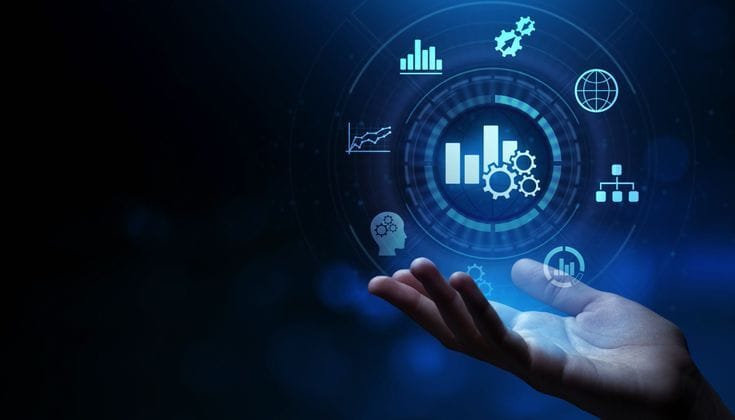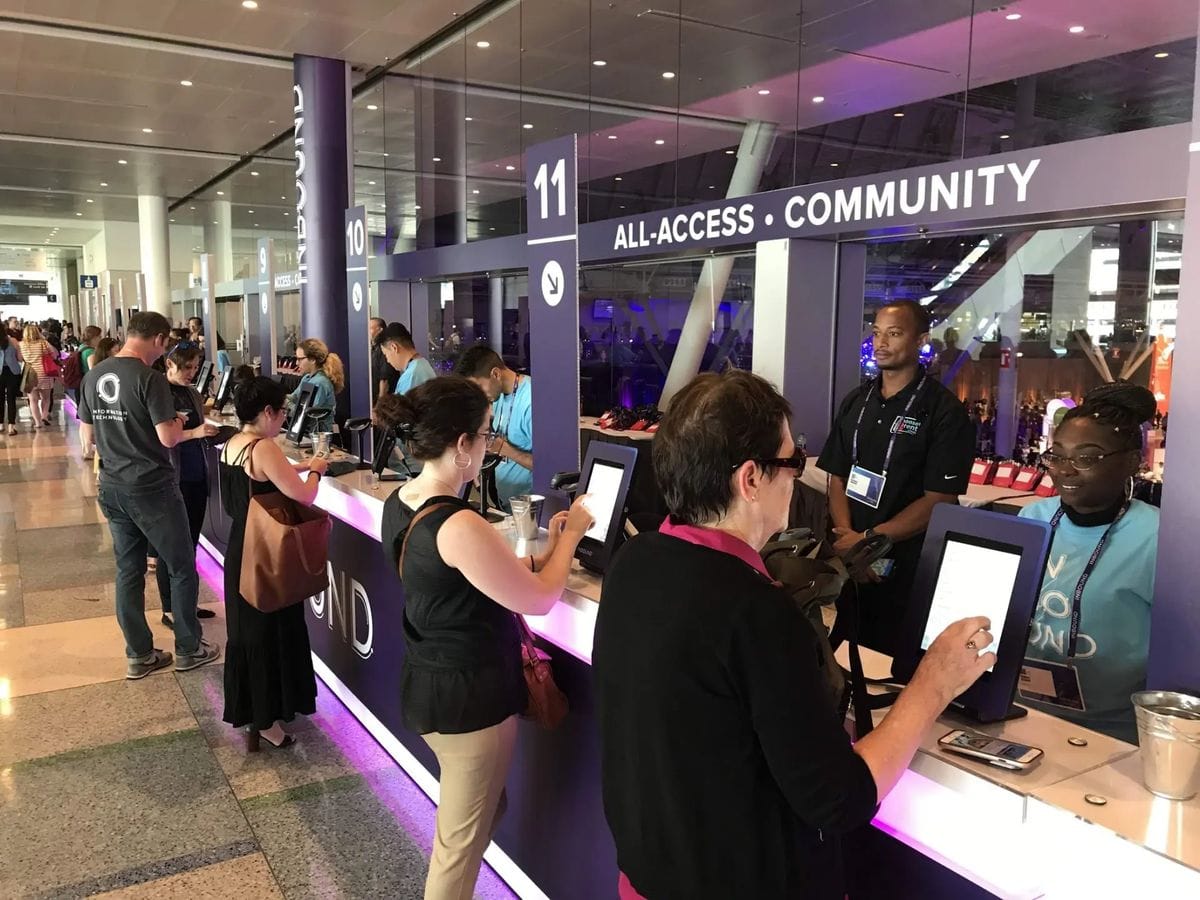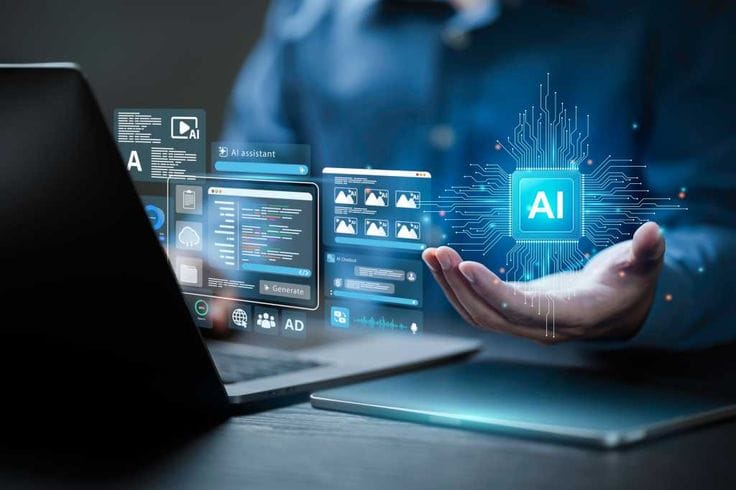The events industry has undergone a radical transformation in recent years, with data becoming the cornerstone of successful event planning and execution. Traditional methods of measuring event success such as basic attendance numbers and post-event surveys are no longer sufficient in today's competitive landscape. Smart event analytics powered by artificial intelligence has emerged as the game-changer, delivering actionable insights that drive meaningful results and measurable ROI.
Beyond Surface-Level Metrics
While conventional event analytics focus on vanity metrics like registration numbers and social media mentions, AI-powered analytics dig deeper into the behavioral patterns and engagement dynamics that truly matter. These sophisticated systems analyze attendee journey mapping, session participation rates, networking interaction quality, and real-time sentiment analysis to paint a comprehensive picture of event success.
Smart analytics platforms can track micro-interactions that were previously invisible, including how long attendees spend in specific areas, which sessions generate the most post-event follow-up actions, and even facial expression analysis during presentations to gauge genuine interest levels. This granular data provides event professionals with unprecedented visibility into what resonates with their audience and what falls flat, enabling more strategic decision-making for future events.

Predictive Intelligence for Strategic Planning
The real power of AI event analytics lies in its predictive capabilities. Machine learning algorithms analyze historical data patterns, attendee behavior trends, and external factors to forecast future event outcomes with remarkable accuracy. These predictive insights enable event planners to make data-driven decisions about everything from venue selection and speaker lineup to marketing strategies and budget allocation.
Predictive models can identify which marketing channels are most likely to attract high-value attendees, predict optimal session scheduling to maximize attendance, and even forecast potential logistical challenges before they occur. This proactive approach transforms event planning from a reactive scramble into a strategic, evidence-based process that consistently delivers superior results.
Real-Time Optimization and Adaptive Response
Modern AI analytics platforms provide real-time monitoring and instant optimization recommendations during live events. Smart systems can detect emerging trends in attendee behavior, identify bottlenecks in event flow, and suggest immediate adjustments to improve the experience. If a particular session is underperforming, the system can recommend content modifications or promotional strategies to boost engagement instantly.
This real-time adaptability is particularly valuable for hybrid and virtual events, where traditional feedback mechanisms are limited. AI can monitor chat engagement, track virtual networking success rates, and analyze participation patterns to ensure remote attendees receive an equally compelling experience as in-person participants.
Personalization at Scale
AI-powered event analytics enable unprecedented levels of personalization without sacrificing efficiency. By analyzing individual attendee preferences, professional backgrounds, and engagement history, smart systems can deliver tailored experiences that feel custom-designed for each participant. This might include personalized agenda recommendations, strategic networking suggestions, or targeted content delivery based on specific interests and goals.
Advanced platforms can even predict which attendees are most likely to become customers, partners, or brand advocates, allowing event teams to prioritize their engagement efforts strategically. This level of personalization significantly improves attendee satisfaction while maximizing business outcomes for event organizers, creating win-win scenarios that drive long-term relationships.
Measuring True Business Impact
Traditional event metrics often struggle to demonstrate clear connections to business objectives. AI analytics bridge this gap by tracking meaningful outcomes throughout the entire customer journey. Smart systems can correlate event interactions with subsequent business activities, tracking leads that convert to sales, partnerships that develop from networking connections, and brand perception changes that result from event participation.
These comprehensive attribution models provide concrete evidence of event ROI, making it easier to secure budget approval and demonstrate the strategic value of event marketing initiatives. Event professionals can finally move beyond reporting attendance numbers to showcasing genuine business impact that resonates with executive leadership and stakeholders.
Data Integration and Holistic Insights
Smart event analytics platforms excel at integrating data from multiple touchpoints to create comprehensive attendee profiles. By connecting event participation data with CRM systems, marketing automation platforms, and social media interactions, AI creates a unified view of each attendee's engagement journey. This holistic approach reveals insights that would be impossible to discover through isolated data analysis, helping event teams understand how their events fit into broader customer acquisition and retention strategies.

The Future of Event Intelligence
As AI technology continues advancing, event analytics will become even more sophisticated and valuable. Emerging capabilities include predictive attendee matching for optimal networking outcomes, automated content optimization based on real-time engagement data, and intelligent resource allocation that adapts to changing event dynamics. Voice sentiment analysis, biometric feedback integration, and advanced behavioral prediction models are pushing the boundaries of what's possible in event intelligence.
Smart event analytics represents a fundamental shift from intuition-based planning to evidence-driven strategy, providing event professionals with the competitive advantages needed to deliver engaging experiences while achieving measurable business results. Organizations that embrace these AI-powered insights gain significant advantages in attendee satisfaction, operational efficiency, and business outcomes.


